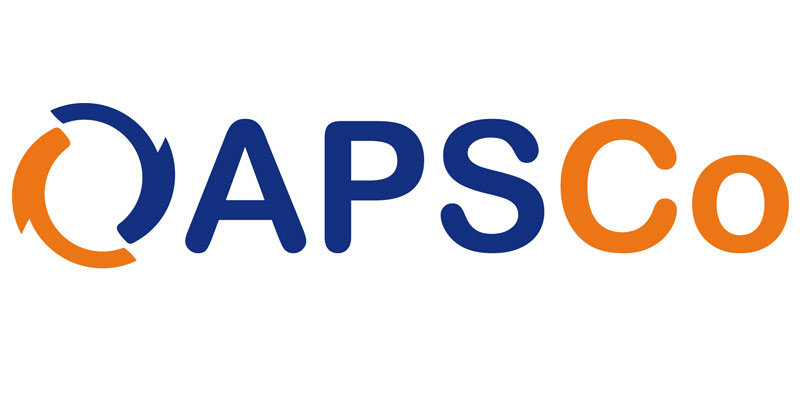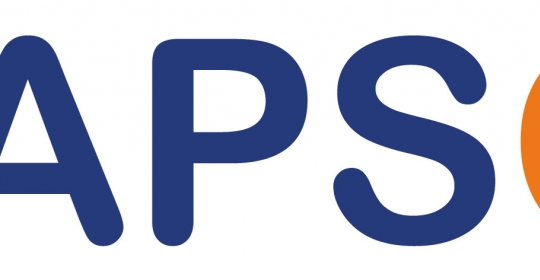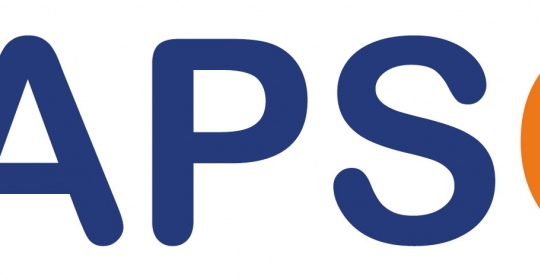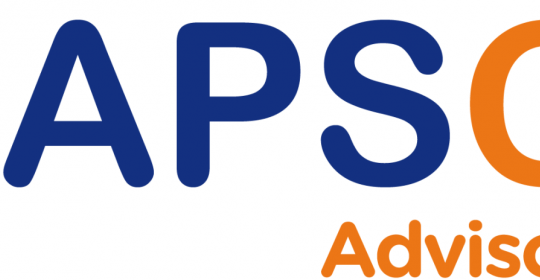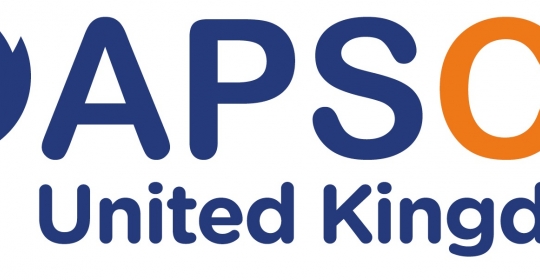The trade body polled its 85 members in Germany and extended network of 200+ recruitment firms in the highly qualified segment of the German recruitment profession in order to benchmark how APSCo members in Germany have been affected and how they are dealing with the COVID-19 outbreak.
The survey shows that many companies have faced a sizeable reduction in activity, with just under 40% of firms reporting more than a 50% reduction in activity compared to the period leading up to March 2020.
However, a considerable amount of firms have seen a smaller reduction in activity, with just under 23% of respondents reporting that activity levels are down by less than 25%. It is likely that these firms are working in specialist niche markets where demand is less impacted and where the workers are better set up to work remotely. This talent pool is likely to be made up of highly qualified pharmaceutical and IT professionals who are, in most cases, engaged on a contractor model and to a limited extent AÜG.
The proportion of staff that have been placed on Kurzarbeit (short-time working), part of the German government’s comprehensive package of support for businesses, is another indicator of the lack of confidence in current trading. According to the survey, 37.5% of firms have placed between 80% and 100% of their staff on Kurzarbeit.
However, it appears that the government support package is having a very positive effect on staff retention and redundancies. Just under 80% of respondents are not yet making any changes to their headcount.
Another encouraging trend was that almost three quarters of companies suggested less than 20% of contractors are being terminated. This points to a relatively healthy position for the contract market. However, anecdotal evidence based on conversations with companies large and small suggests that there are some factors not evident in these numbers that may have a further impact on businesses’ NFI, profitability and cashflow.
For example, underlying these results, and not reported, are the number of contractors who are still engaged but who are working fewer hours. Clearly this will have a hidden impact beyond the reported percentages here. Additionally, members are reporting that there might be additional pressure from end clients to reduce not only hours but also the hourly/daily rate contractors are able to generate.
Tremayne Elson, MD at APSCo Germany, said:
“It was inevitable that the German market was going to suffer as a result of COVID-19. However, the relative health of the contractor market and low level of redundancies due to the government’s support measures are encouraging signs in the current climate.”
“While there are many uncertainties in terms of recovery, at the time of writing, many states within Germany are relaxing their restrictions on leaving home, and we are also seeing some shops re-open. It will be interesting to see whether the number of companies accessing support from the government increases, stays the same or decreases. This will certainly be a factor to look at in judging when the market is starting to bottom out and show signs of recovery.”
“Additionally, it’s important to mention that, with recruitment pipelines taking on average 1-3 months to generate revenue from scratch, by the time the market does return, firms who have remained engaged with their clients, candidates and pipeline generation will be in a strong position to fully benefit from any upturn.”



